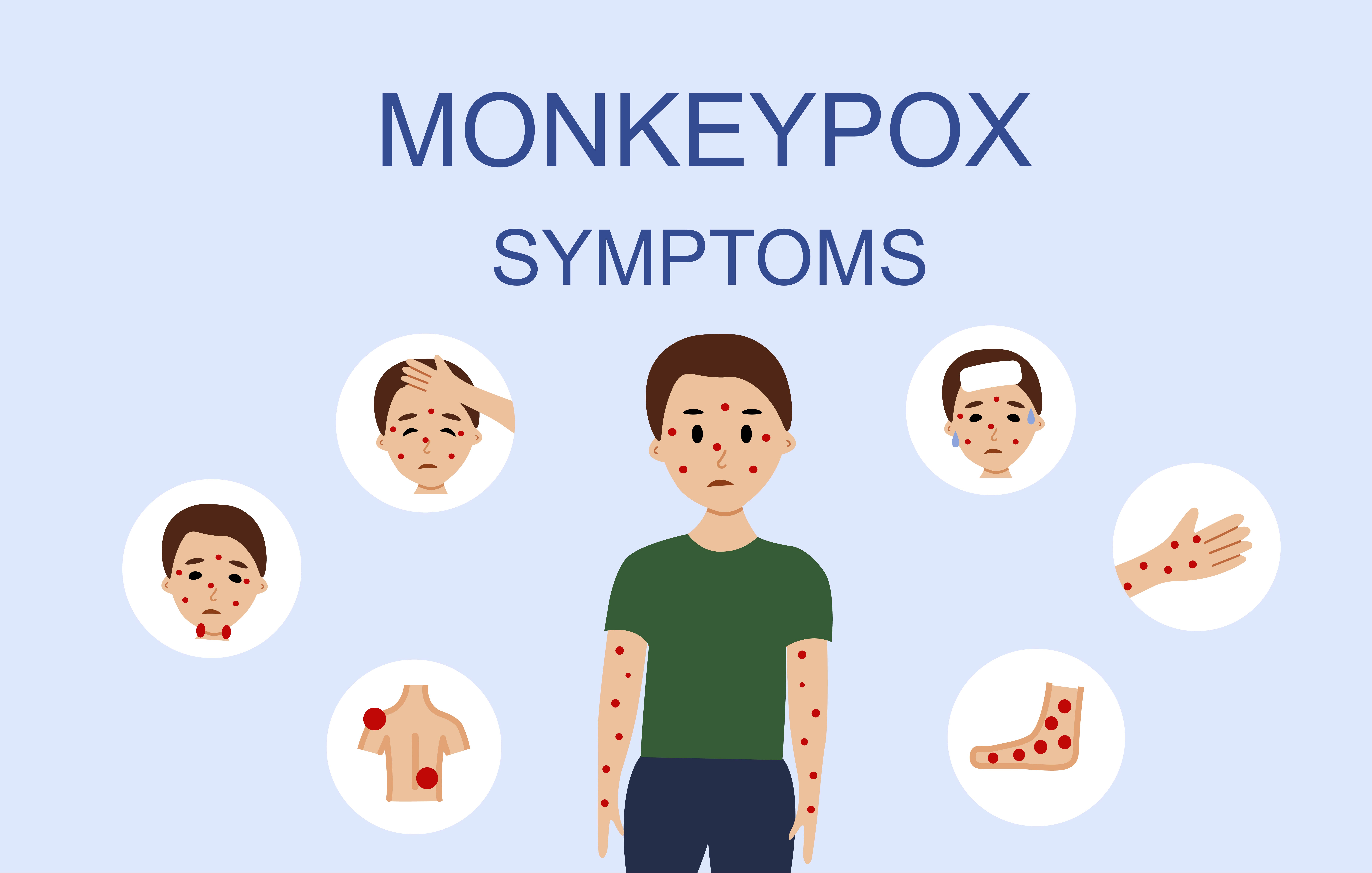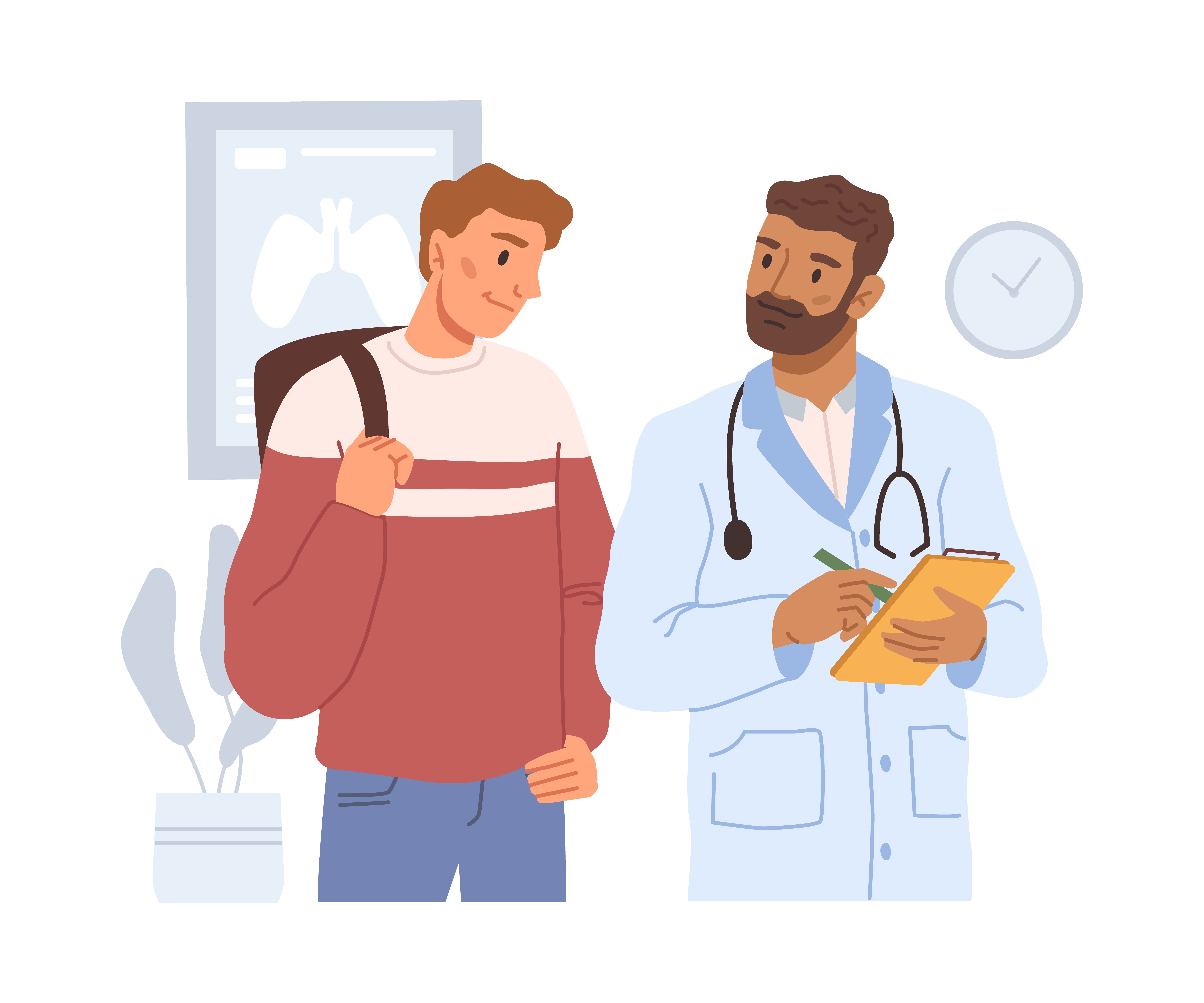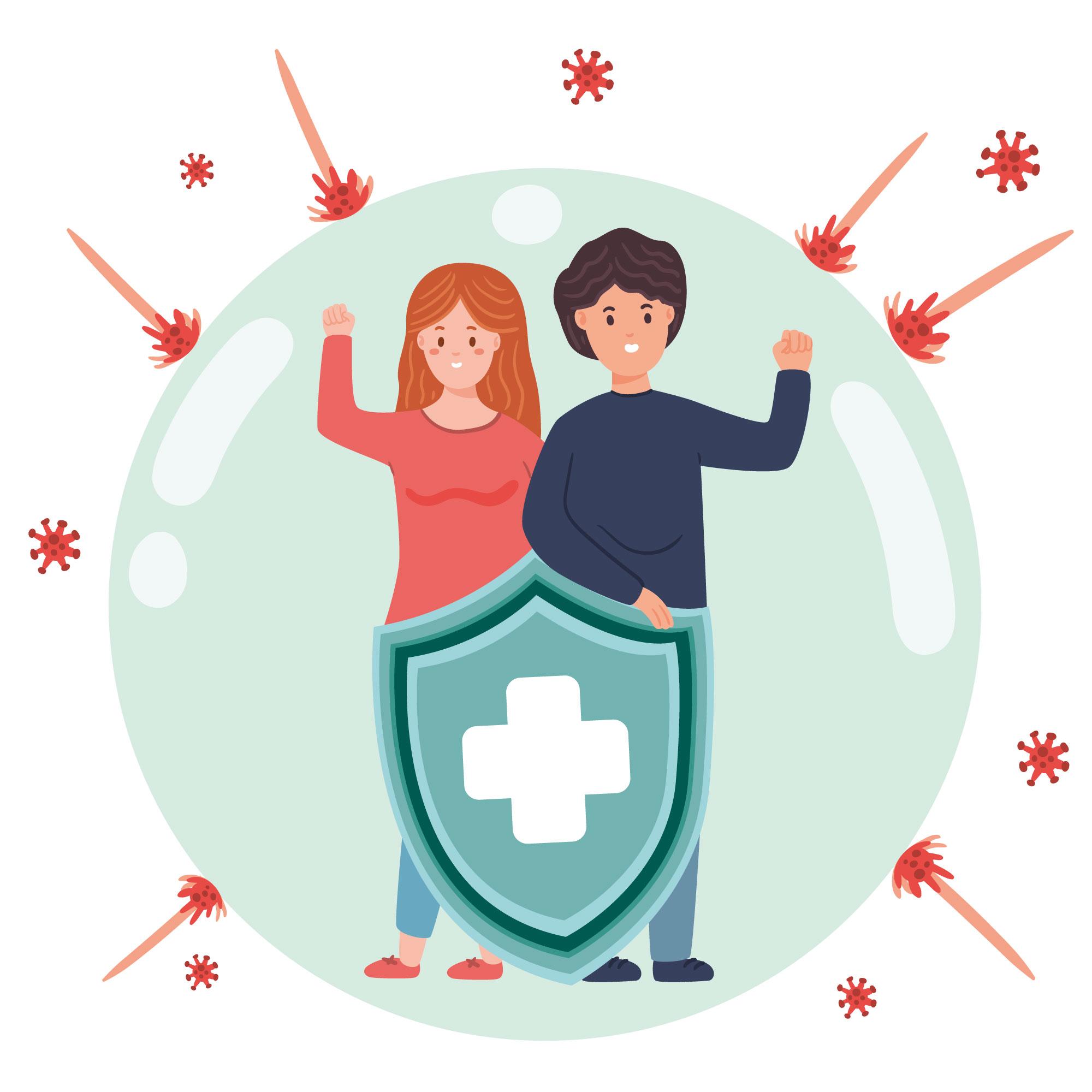What you need to know about mpox:
What is Mpox:
Monkey pox, or mpox for short, is a potentially serious viral illness that can be spread between humans and certain animals.
What are the symptoms of mpox?

Mpox can be a tricky illness to identify on your own, as its symptoms are not always clear cut. While some people start off with an itchy or painful rash appearing on the body and face – some may experience flu like symptoms before seeing
signs of a rash.
People suffering from monkeypox can often experience a range of symptoms, including:
- A rash that can look like pimples or blisters and may be painful or itchy. It can appear on the face, inside of mouth, and on other parts of the body, like the hands, feet, chest, genitals, or anus
- Flu like symptoms, such as fever, chills, or muscle aches
- Respiratory symptoms (e.g. sore throat, nasal congestion, or cough)
- Swollen lymph nodes
How does it spread?
Mpox can spread to anyone through close personal contact for an extended period, including:
- Direct contact with mpox rash, scabs, or fluid from sores or saliva from a person with mpox
- Touching objects, fabrics (clothing, bedding or towels), and surfaces that have been used by someone with mpox
- Contact with respiratory secretions
What should I do if I have mpox?
 With mpox, it's important to take the necessary precautions. Make sure
you talk with your healthcare provider and keep them informed of any symptoms or changes in your condition.
With mpox, it's important to take the necessary precautions. Make sure
you talk with your healthcare provider and keep them informed of any symptoms or changes in your condition.
It's also important to avoid close physical contact with others until all your sores have healed and you have a
fresh layer of skin formed. To avoid spreading the virus - cover your rash and wash your hands regularly.
Additionally, make sure close contacts are aware they may also be at risk for exposure - including sexual partners.
Who is at risk?
Anyone who has been in close, personal contact with someone who has mpox is at risk.
How to vaccinate against it?

Protect yourself from Monkeypox by getting vaccinated! To ensure your maximum safety and protection, the Centers for Disease Control and Prevention (CDC) recommends both doses of a vaccine. While it is ideal to receive the second dose four weeks after getting the first one, if life gets in the way - don't worry! You can still get vaccinated; just remember its important to get both dosages to be fully protected.
Recent research has revealed that individuals who still are unvaccinated against monkeypox disease are
at a higher risk than those vaccinated – 14 times as much! Thankfully, over 1 million doses of the mpox vaccine have already been administered with no unexpected safety concerns - in fact, evidence suggests it is both safe and effective!
Getting vaccinated before you're exposed to Monkeypox is your best chance to prevent disease.
Get your NO-COST Mpox vaccine at Variety Care's Sequoyah clinic. Available to anyone who feels they might be at risk every Saturday from 1-5pm. Walk-in or schedule at varietycare.org/mpox.
Visit varietycare.org/mpox
to schedule today.

